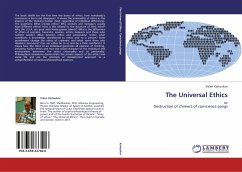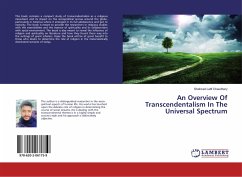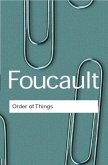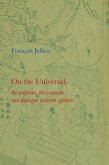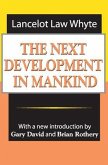The book distills for the first time the basics of ethics, how everybody s conscience is born and disappears. It shows the universality of ethics as the essence of the thinking human mind, regardless of individual differences. The questions: What creates ethics? Why workers and managers usually have different ethics? How is this related to the structure of their mind? Why the U.S.A. are poor with home-grown talents? What is the difference of ethics of warriors, hierarchs, women, artists, believers and those who commit suicide? What destroys ethics and personality? Under what conditions is knowledge detrimental to ethics and to a person? Does punishment change the ethics of criminals, and what turns them into obedient executors? Can our ethics lie to us and be a false comforter? It traces how the mind of an individual generates all essences of thinking, including his/her ethics and how the social character of the individual and environment determine the ethics universality and itspersonality. Philosophical miniatures demonstrate the private aspects of the ethics and social life and are the attempts of metaphorical approach to a comprehension of various philosophical essences.
Bitte wählen Sie Ihr Anliegen aus.
Rechnungen
Retourenschein anfordern
Bestellstatus
Storno

